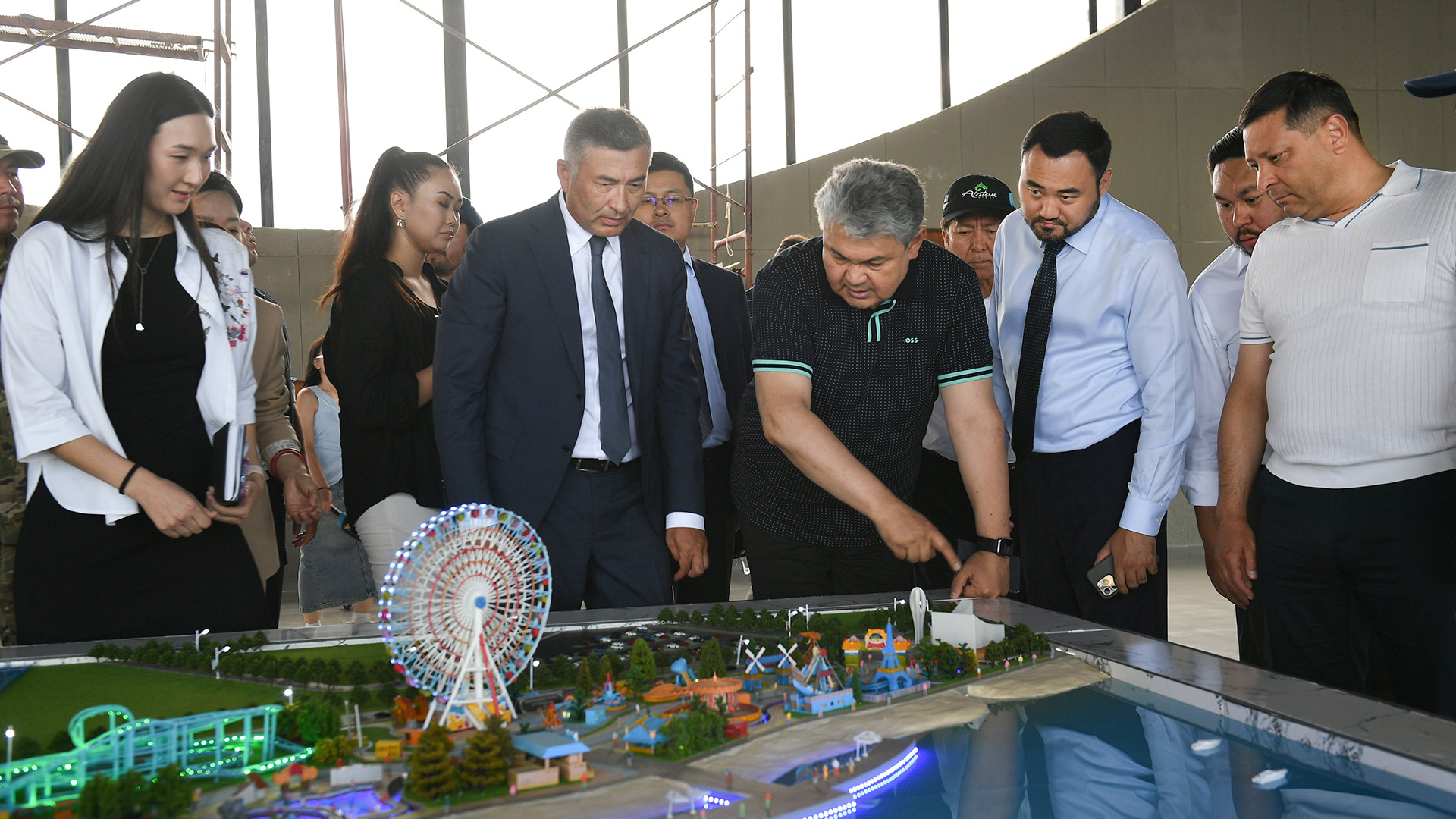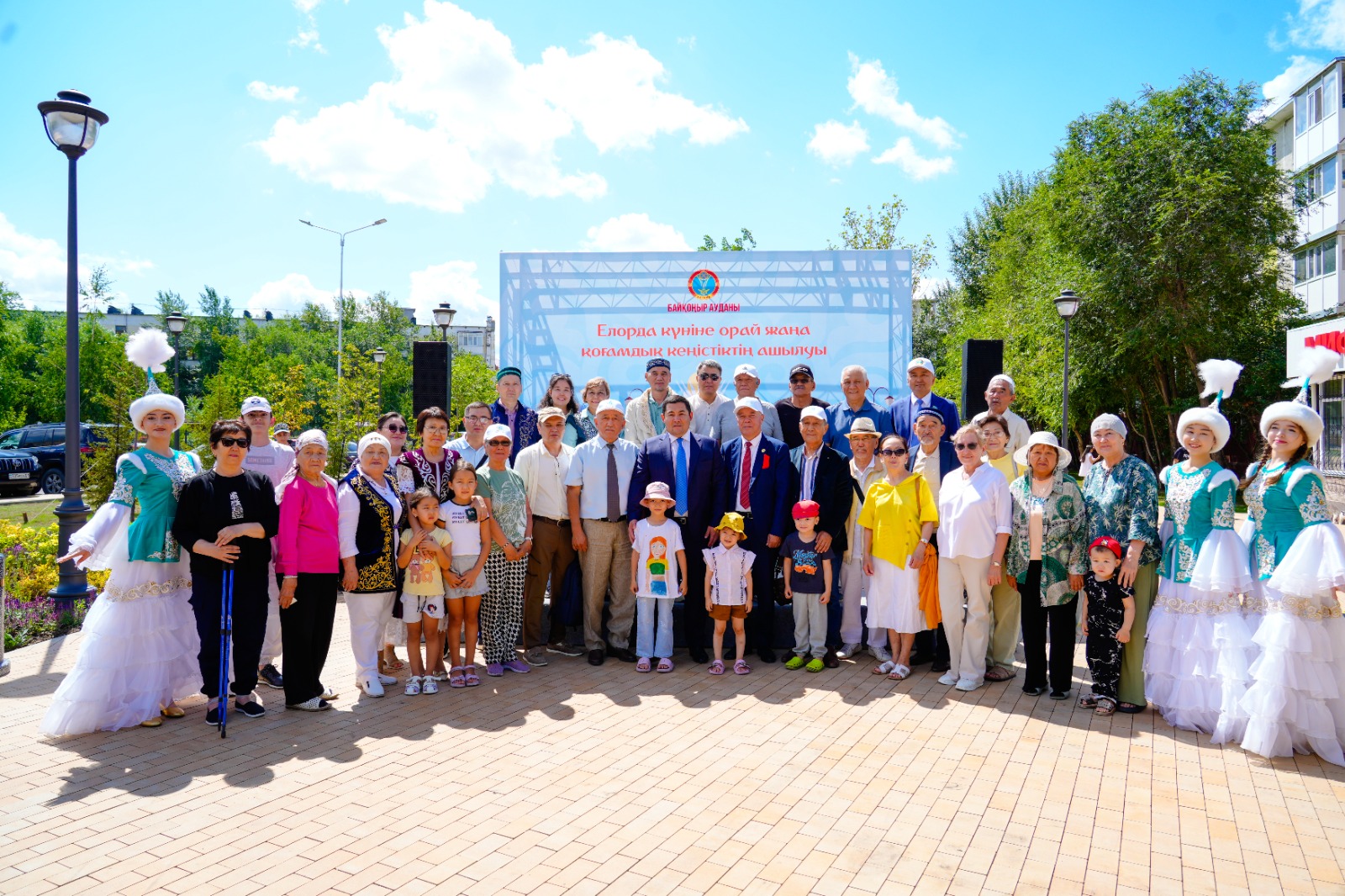According to a new study of Moscow City University (MCU), the main users of Moscow electronic systems in health care are retired people. During the past year older people became so digitalized that they can make an appointment with a doctor, get blood test results, find doctors' recommendations without leaving home.
Moscow City University conducted a study "Analysis of the convenience of using electronic health services by Moscow citizens" and found that people with disabilities and retired people are the main users of electronic health services. They often make an appointment with a doctor and obtain test results online. The COVID-19 pandemic generally affected the digitalization of medicine in general - everyone had to learn how to use electronic services.
"Until 2020, only 37% of citizens who do not leave home for medical reasons used electronic services," - said Sergey Fedorov, research associate of the Center for Analytical Research and Modeling in Education at Moscow City University, PhD in Economics. "With the beginning of the pandemic, this indicator has increased to 46%. It should be noted this is a positive trend. Retired people mainly need quality assistance of digital health services, regular preventive medical examinations to diagnose diseases in early stages".
The 2021 was a record-setting year in terms of the use of doctor appointment systems, Sergey Fedorov noted. During the COVID-19 pandemic, patients began to review their electronic medical records more actively, make appointments with physicians and get blood test results online. Adults got access to children's medical records - parents studied test results and doctors' appointments, and the section "Vaccinations" showed the recommended vaccination schedule.
MCU expert Sergey Fedorov noted that Russia is on the way to active digitalization of the medical field. Of course, this trend can be noticed all over the world, and the leader is certainly China.Thanks to affordable smart watches and other devices that measure blood sugar levels, blood pressure, pulse etc., the level of medicine is becoming higher in general. Patients can monitor changes in the body on their own, and this increases the chance of curing a disease at an early stage or even preventing its onset.
"There are four stages of digital transformation. The first is the stage of electronic information when citizens can make an appointment with a doctor on its own. This service is available to all Russian residents. At the second stage, doctors are able to consult patients remotely using telemedicine technologies. At the third stage, patients use special devices to diagnose illnesses - smart watches, blood sugar patches, pulse and blood pressure sensors - and collect data. Such devices keep statistics on changes in the body, and in the long term they can be used to track changes in a human's condition. Some information enters the electronic medical records automatically through synchronization with gadgets. The fourth stage is the transition from medical treatment to disease prevention, which is what the entire healthcare industry is striving for.
The first stage of the digitalization of medicine in Russia has been successfully passed. The development of digital medical services is actively evolving functionality for Stage IV, said the MCU expert.


















